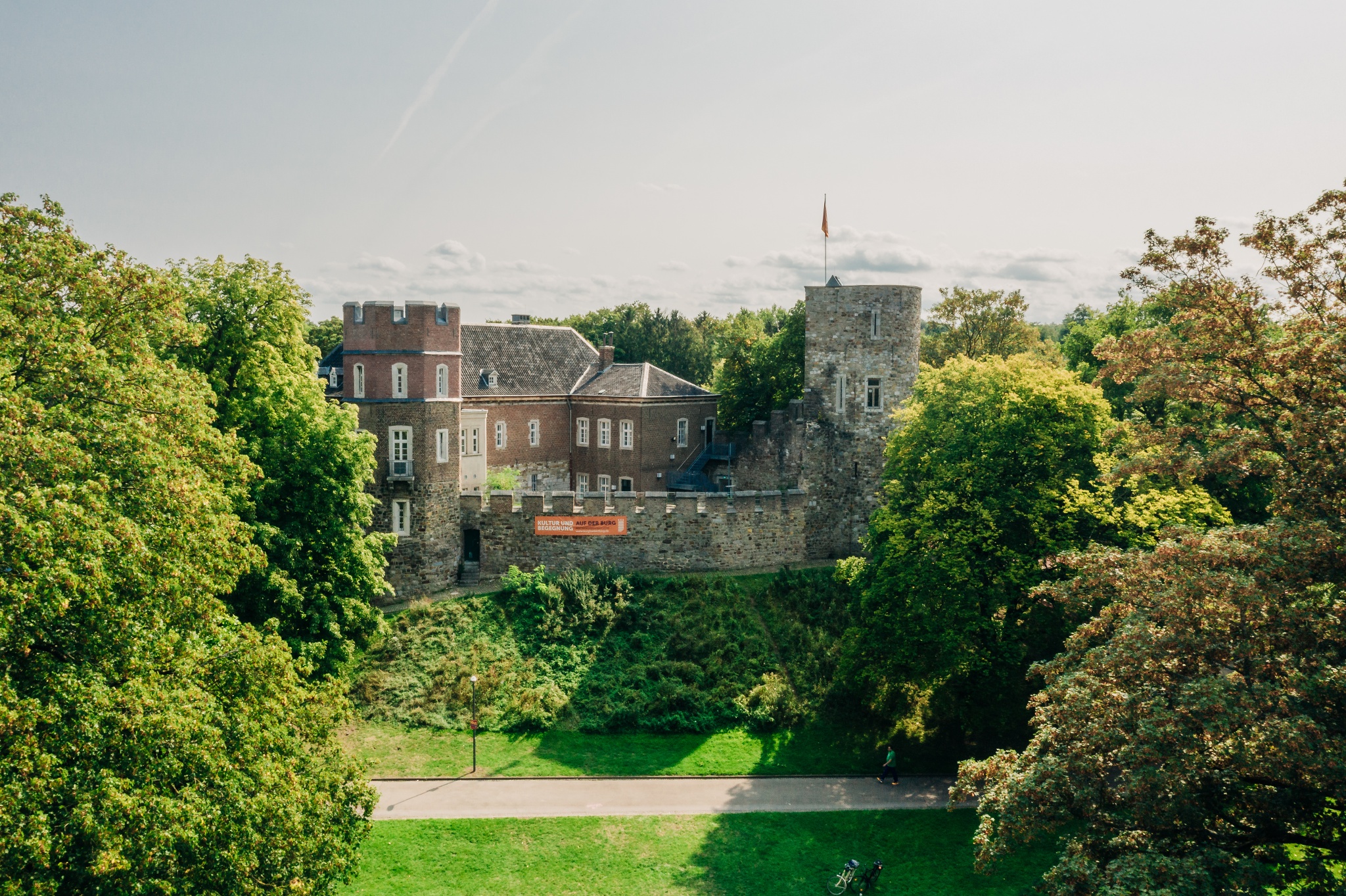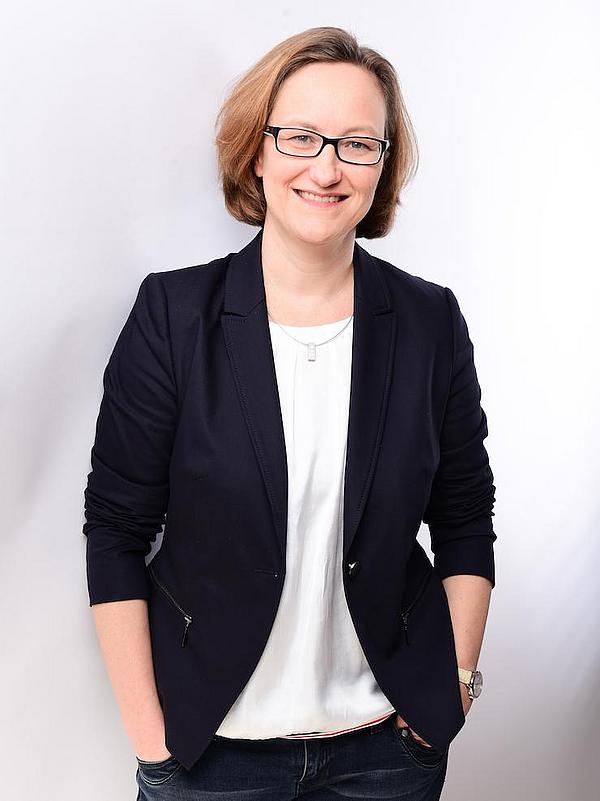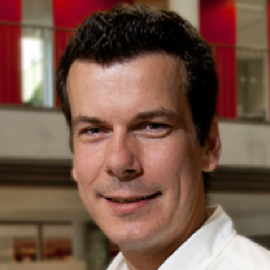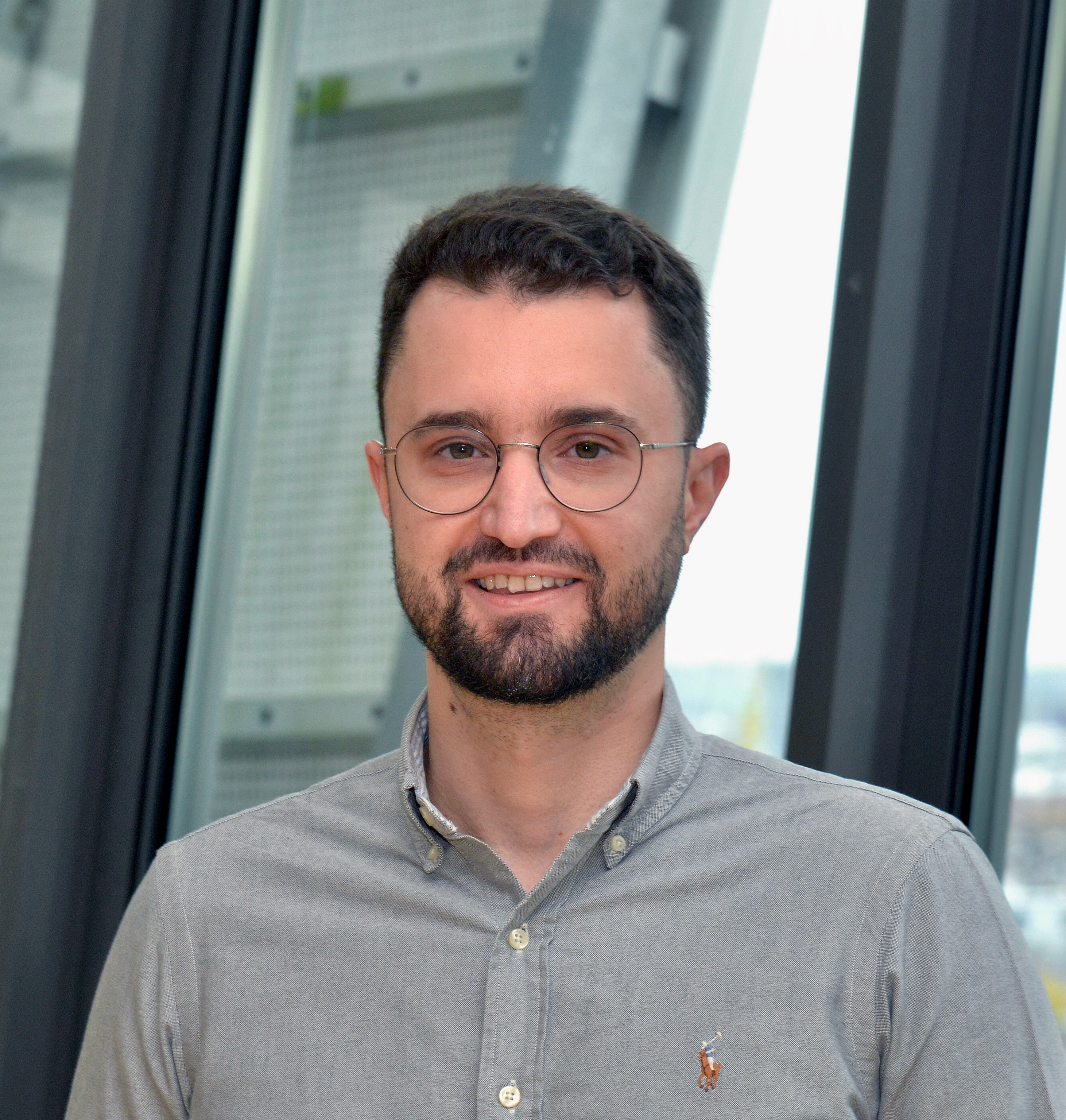
Combinatorial Optimization and Learning
Workshop ● Aachen, Germany ● 6-7 November 2025

The Workshop
This workshop aims to foster scientific exchange at the intersection of combinatorial optimization and machine learning. Combinatorial optimization provides rigorous algorithmic frameworks with provable guarantees, while machine learning leverages empirical data to achieve strong performance in practice. The focus is on algorithmic and theoretical advances that combine both paradigms, including, but not limited to learning-augmented algorithms, data-driven optimization, ML-accelerated exact methods and optimization under uncertainty. The workshop serves as a forum for presenting novel models, algorithmic strategies, and analytical insights in this emerging research area.
The Speakers
The workshop will feature a diverse lineup of speakers, each bringing unique perspectives on the intersection of combinatorial optimization and machine learning. The confirmed speakers include:
Additionally, we will have a series of elevator pitches (each 5 minutes) from early-career researchers and PhD students, providing a platform for emerging voices in the field to share their latest findings and ideas.
The Schedule
The workshop will take place over two days, with a mix of keynote talks, elevator pitches, and time for discussions. This is the preliminary schedule:
| Thursday | |
| 14:30 | Coffee & Registration |
| 15:00 | Welcome |
| 15:15 | Martin Skutella |
| 16:15 | Elevator Pitches |
| 16:45 | Coffee Break |
| 17:15 | Yingqian Zhang |
| 18:15 | Guido Schäfer |
| 19:15 | Conference Dinner |
| Friday | |
| 08:30 | Coffee |
| 09:00 | Jan Tönshoff |
| 10:00 | Coffee Break |
| 10:30 | Nicole Megow |
| 11:30 | Elevator Pitches |
| 12:00 | Lunch |
| 13:30 | Andrea Lodi |
| 14:30 | Closing Remarks |
The Location
Burg Frankenberg - Venue & Spirit of the Conference
Burg Frankenberg, a 13th-century water castle in the heart of Aachen's Frankenberger Viertel, now serves as a vibrant cultural and community center. With its rich history and inspiring atmosphere, it offers the perfect setting for our workshop. All sessions will take place in the main hall of the Burg, which accommodates up to 50 participants. The conference dinner will also be held on-site, inviting all attendees to enjoy an evening of exchange and local charm within the historic walls.

The Committee
Sponsors
The workshop is made possible through the support of different institutions. Their contributions help us to cover the costs of the venue, catering, and other logistical aspects of the event.
Registration
To register for the workshop, please fill out the registration form linked below.
Early registration is encouraged as space is limited to 50 seats and slots will be assigned based on a first-come, first-serve basis.







